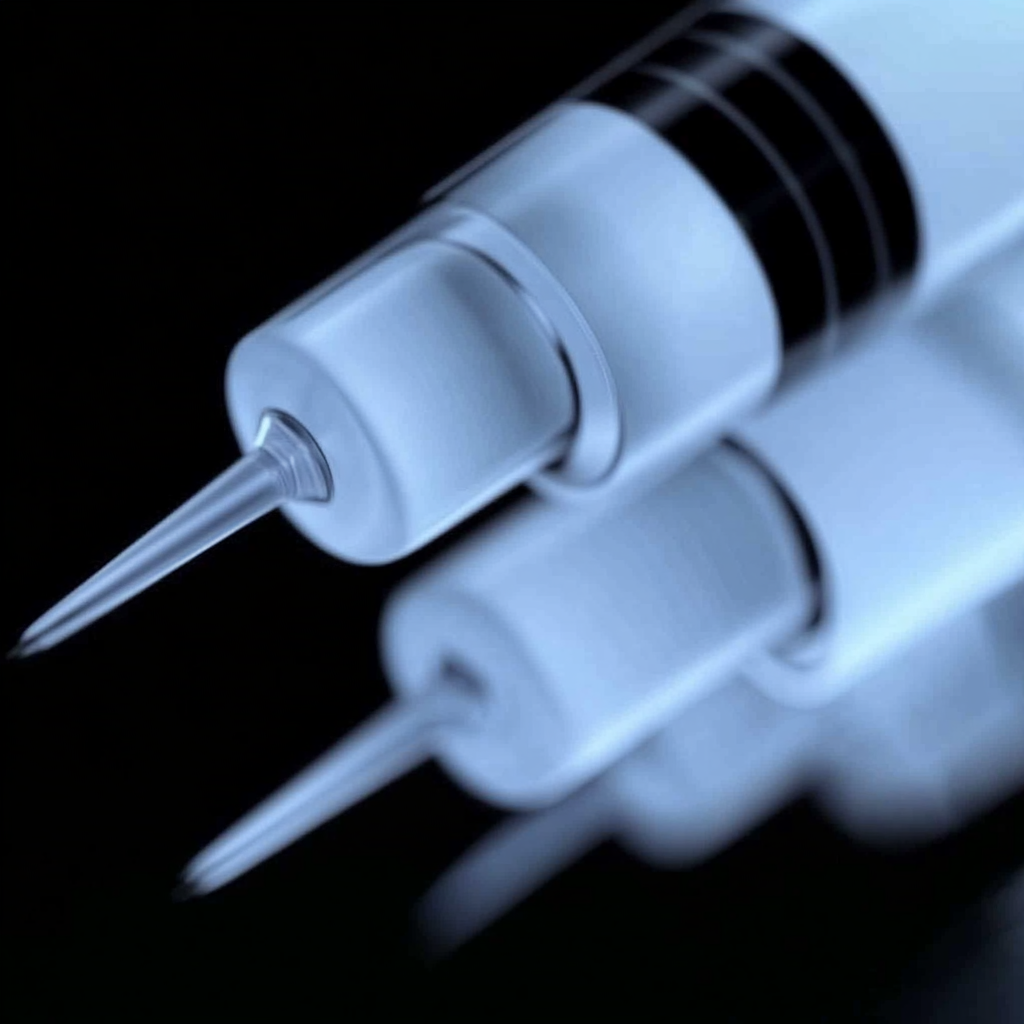Study on Sound Localization in Single-Sided Deafness
Overview
This study compares different treatments for single-sided deafness (SSD) to see which one helps patients locate sounds better over time. It looks at cochlear implants (CI), bone conduction devices (BCD), contralateral routing of signals (CROS) hearing aids, and no treatment.
Key Findings
- Participants: 120 SSD patients were included in the study.
- Results After 24 Months:
- Those with cochlear implants had the best sound localization skills.
- Patients with CROS hearing aids and cochlear implants reported improved hearing abilities compared to their starting point.
- Bone conduction devices and no treatment were less effective.
Conclusion
The cochlear implant (CI) proved to be the most effective treatment for SSD, leading to better sound localization and improved hearing experience compared to BCD, CROS, and no treatment options.
Clinical Implications
Clinical trials are essential for finding safe and effective treatments. Our AI-driven platform, DocSym, helps clinicians by merging clinical guidelines and research into one easy-to-use resource.
Practical Solutions
- Our mobile apps assist with scheduling, treatment monitoring, and telemedicine, simplifying patient care.
- Using AI can streamline clinic operations, improve patient outcomes, and reduce paperwork.
Discover how we can enhance your practice at aidevmd.com.






























